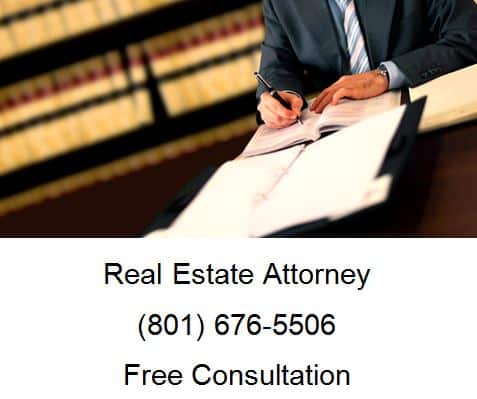
Toxic mold problems in homes and commercial buildings have dramatically increased in recent years. Many of these problems result in legal claims. Experts and lawyers who handle mold-related claims give various reasons for this increase — including the increased emphasis on making buildings airtight; quick construction; faulty building techniques and materials; and increasingly complex building designs.
While many people have heard of “black mold,” in fact there are a variety of strains that can cause ill health effects to residents and occupants in homes, businesses, and places of employment. If you feel that you have been exposed to toxic mold in your home or place of business, you may wish to contact an attorney or law firm specializing in mold- related claims, to talk about your situation and protect your legal rights. Following is an overview discussion of toxic mold.
What Causes Toxic Mold in Homes and Buildings?
Mold spores are everywhere in the natural environment. They enter homes and buildings through windows, open doors, pets, or attached to people. Once the spore is in the home or building it must have abundant moisture, a food source, and a certain temperature range in order to grow.
Moisture infiltration is the main cause of building mold. Moisture may come from a wide variety of sources. Many modern homes and buildings are very airtight. This is great for efficiency, but not so great for allowing the structure to dry. For example, once moisture gets in through a pipe leak, faulty windows, roof leaks, or other sources, the water cannot evaporate. Mold is drawn to this moisture, and may grow on wet materials such as wood, insulation, ceiling tiles, and carpeting.
Mold – Warning Signs
There are a variety of warning signs that should lead a person to investigate a home or commercial building for potential mold infestation. The earlier an investigation takes place, the better the possibility that a home or building owner can reduce possible damages and adverse health effects caused by mold exposure.
Following are some of warning signs that may indicate the presence of dangerous mold:
- Visible mold growth
- Discoloration or water stains on internally facing walls or ceilings
- Discoloration or water stains on externally facing walls
- Areas of standing water or condensation on floors, walls, or window sills
- “Musty” odor
Types of Mold
There are many types of mold that may occur in homes and office buildings — some sources say that there are over 100,000 different species. Some mold species are considered harmless, while others can cause potentially serious adverse health effects.
The most common mold types found in homes and offices are:
- Cladosporium
- Penicillium
- Aspergillus
- Alternaria
- Stachybotrys atra
Why is Mold Harmful to Humans?
Certain molds produce volatile organic compounds (“VOCs”) or toxins as byproducts of their metabolism. VOCs generally evaporate at room temperature. In fact, when a person smells a “musty” odor, he or she is actually smelling the volatile organic compounds. Some VOCs produce adverse health effects in certain predisposed individuals. In contrast to VOCs, toxins do not evaporate easily, and some are considered very dangerous to humans. Regardless of whether a particular strain of mold produces VOCs or toxins, all molds should be considered potential health risks, and the presence of mold should lead to investigation, cleaning, and/or removal.
Illnesses Caused by Mold Exposure
Some of the most common illnesses associated with mold exposure are:
- Worsening of allergies
- Respiratory problems
- Fevers
- Nasal and sinus congestion
- Burning and watering eyes
- Worsening of asthma symptoms
- Coughing
- Sore throat
- Flu-like symptoms
- Skin irritation
- Headaches
Mold Exposure Illnesses: Who is Most at Risk?
It is generally accepted that those who are most at risk of illness from mold exposure include:
- People with allergies
- People with conditions or diseases that weaken immune defenses
- People with lung disease
- The elderly
- Young children
Real Estate Lawyer Free Consultation
When you need legal help with real estate law, please call Ascent Law for your free consultation (801) 676-5506. We want to help you.
8833 S. Redwood Road, Suite C
West Jordan, Utah
84088 United States
Telephone: (801) 676-5506
Recent Posts

